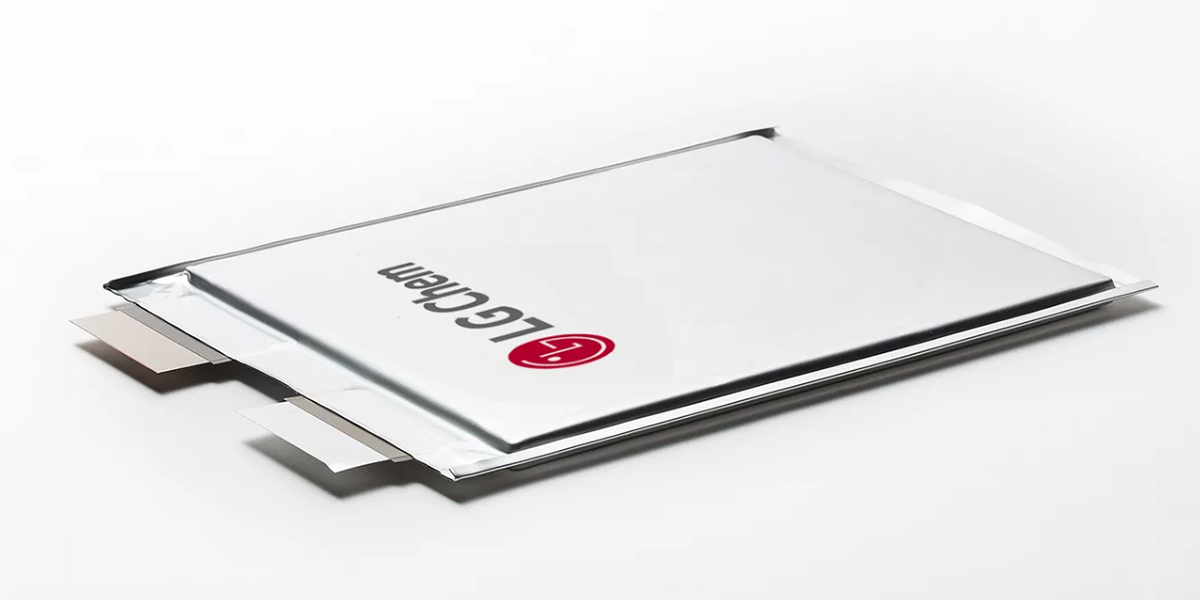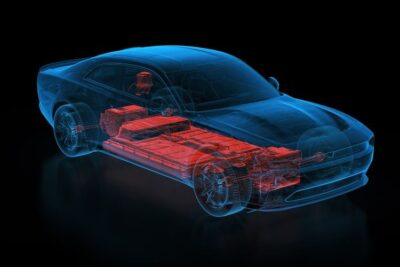LG Chem ready to do away with battery modules
LG Chem has completed the development of its Module Pack Integrated Platform (MPI). With the new platform, the battery specialist is pursuing a similar approach to CATL with its cell-to-pack battery whereby the cells are integrated directly into the battery pack instead of first being built into modules.
LG Chem has not yet officially announced MPI, but according to information from the Korean website TheElec, development has been completed, meaning that the sales launch could be imminent. According to the report, LG Chem’s new platform can accommodate twice as many cells as conventional module platforms. Costs are to be reduced by 30 per cent and energy density is to increase by ten per cent. At the latter value, however, TheElec does not specify whether the energy density is volumetric or gravimetric (Wh/kg or Wh/L).
At present, the automotive industry’s demand is primarily for prefabricated modules that are supplied by battery suppliers and then assembled in their own factories to form ready-to-install battery packs. According to TheElec, manufacturers such as BMW, who rely on prismatic cells, purchase the cells and assemble them into modules themselves.
Either way, dispensing with modules influences the value chain of battery cells on their way into the car: If the OEM assembles the modules themselves, the assembly that has just been set up, is no longer necessary. The assembly of the modules into the battery pack would also have to be changed: Either because LG Chem will only supply cells in the future and these must be built-in packs, unlike the modules, or because LG Chem supplies the ready-to-install pack directly instead of the pre-integrated modules.
In addition, design changes would have to be planned for the pack itself. For example, the housing would have to provide the entire stability on its own, and the design and installation of the thermal management system would also be affected by a module-less battery. Tesla has been relying on such a battery concept for years – albeit with round cells. Recently, Chinese companies have also introduced battery technologies without modules – CATL with the cell-to-pack technology (CTP) and BYD with the blade battery.
According to another report by TheElec, LG Chem is also in the process of simplifying its battery offerings and thus production. Instead of pouch cells that were previously tailored to the OEM’s requirements, there will now only be two sizes. The standard cell measures 300mm and the long cell 500mm. A source for this information is not mentioned.
For a long time, the individualised dimensions were considered an advantage of pouch cells. But this has led to constant adjustments and adjustments in production. It could take up to a month before a production line is precisely adjusted again and produces with only a low reject rate, which is an expensive and inefficient procedure. However, since car manufacturers are demanding lower prices, costs must be reduced by means of standardised production.
According to the report, Audi, Daimler and Renault would use cells with a length of 300 to 400mm. In the case of Volkswagen’s MEB, the cells are 550mm long. Hyundai with its E-GMP is also expecting long cells according to TheElec.
With reporting by Sebastian Schaal.
thelec.com, insideevs.com (MPI), thelec.com (pouch cells)





1 Comment